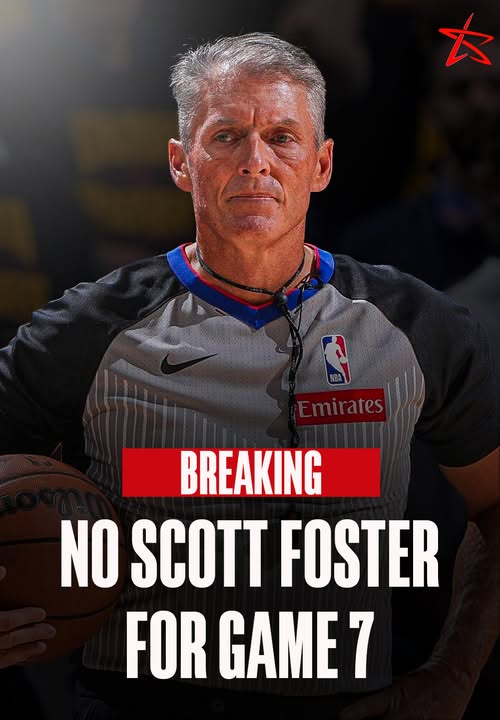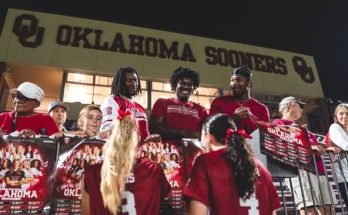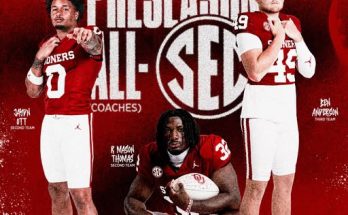In a development that has stirred conversation across the basketball world, longtime NBA referee Scott Foster will not be officiating tonight’s much-anticipated Game 7. While the league has not publicly released an official reason for the omission, the announcement has already sparked a wave of speculation, commentary, and, in some circles, celebration. Foster, a polarizing figure among fans and players alike, has long carried the weight of controversy, his name synonymous with high-stakes drama and intense scrutiny. His absence from this critical winner-take-all matchup signals a rare departure from NBA tradition, where veteran referees with playoff experience are typically called upon to manage the magnitude and pressure of decisive contests.
The absence of Foster is particularly notable given his history with Game 7s and high-profile playoff matchups. For over two decades, Foster has been a fixture in the NBA postseason, often assigned to some of the league’s most consequential games. His reputation, whether fair or not, is that of a no-nonsense, by-the-book official—one who draws attention not only for his calls but for the reactions they provoke. For fans of teams who have felt wronged by his whistle, Foster’s absence is seen as a welcome change. For others who appreciate a referee who brings authority to chaotic contests, the news is a cause for concern.
There is no denying the numbers. Foster has officiated more than 200 playoff games in his career, making him one of the most experienced referees in the modern NBA era. But experience alone has never insulated him from criticism. In fact, it’s Foster’s omnipresence in big games that has fed the perception that he plays an outsized role in how those games unfold. Players like Chris Paul have famously had longstanding losing streaks in games officiated by Foster, and the friction between the two has been a regular talking point among analysts and fans. Whether those outcomes are mere statistical anomalies or reflections of something deeper has been the subject of intense debate, but there is no question that Foster’s presence on the floor influences the narrative, even before the opening tip.
Tonight’s Game 7 comes with its own built-in tension, as any elimination game does. The stakes are high: a trip to the next round, a chance to rewrite or reinforce legacies, and the emotional highs and lows that only a Game 7 can produce. With so much on the line, the league’s decision to leave Foster off the officiating crew feels deliberate, even if no official explanation is provided. The NBA has increasingly found itself under the microscope in recent years when it comes to officiating transparency, and this move—intentional or coincidental—will only intensify that focus.
In recent seasons, the league has made a more concerted effort to build trust with fans and players through its Last Two Minute Reports and replay center reviews. Still, officiating remains the most subjective and volatile component of the sport. It is the one area where a single call can shift momentum, alter outcomes, and leave fans questioning the fairness of the contest. The referees are not supposed to be the story—but too often, they are. That’s where Foster has found himself time and again: not just part of the game, but part of the discourse.
For some players, particularly veterans who have navigated multiple postseason runs, Foster’s officiating style has become something of a known variable. He is consistent, albeit in a way that not everyone agrees with. He lets contact go on certain plays and tightens up on others, often leading to frustration for players trying to adjust mid-game. His body language, his quick whistle, and his frequent technical fouls have earned him a reputation as someone who demands control—and is not afraid to impose it. That level of command can be useful in emotionally charged contests. But it can also add gasoline to the fire.
There is also a financial component to consider. Game 7s drive ratings, generate ad revenue, and captivate global audiences. The NBA, like any business, wants the product to be compelling and drama-filled—but not for the wrong reasons. An officiating controversy can overshadow even the most thrilling game. So, in an era where the league is trying to maintain integrity and minimize perception issues, choosing an officiating crew that avoids lightning rods like Foster may be a calculated step toward minimizing distraction.
Still, some argue that removing Foster from such a key assignment sets a dangerous precedent. If the league is succumbing to fan pressure or internet noise, what does that say about the independence and confidence in its officials? Foster has earned his place through years of service, rigorous evaluations, and proven command under pressure. To exclude him without transparency could be viewed as undermining not only him but the entire officiating body.
In the absence of a clear answer, fans are left to connect the dots themselves. Some speculate that the decision could be tied to past player grievances or specific matchups. Others wonder whether the NBA is quietly phasing out its most controversial referees in favor of a new generation trained under more modern, player-friendly principles. Then again, it could simply be a matter of rotation, timing, or logistics—mundane factors that get overlooked when emotions run high.
The players, for their part, have yet to comment publicly, though it’s a safe bet that they’ve noticed. For someone like Chris Paul, whose rocky history with Foster is now part of NBA lore, the absence might even bring a subconscious sigh of relief. For others, it may not change much at all. After all, a Game 7 is a crucible of its own making. The intensity, the desperation, and the moment-to-moment pressure are constants—no matter who is holding the whistle.
But in the world of professional sports, perception is often reality. And the perception, fair or not, is that tonight’s game may be officiated with a little less controversy and a little more clarity. Whether that actually turns out to be true remains to be seen. What’s certain is that Scott Foster, for all his experience and prominence, will be watching like the rest of us—from the sidelines, not the court.
Ultimately, this moment underscores the fine line that exists between influence and impartiality. Referees are not supposed to change the outcome of games, yet their decisions inevitably impact them. Foster has become emblematic of that tension, a symbol of both authority and excess. His absence tonight is not just a personnel decision—it’s a reflection of the league’s evolving relationship with its audience, its players, and its own internal standards.
As the ball is tipped and the game unfolds, the spotlight will shift to the athletes who have earned their way to this do-or-die moment. But somewhere, just outside the frame, the presence of an absence will linger. Scott Foster won’t be there. And in a strange way, that may be the story before the story even begins.



